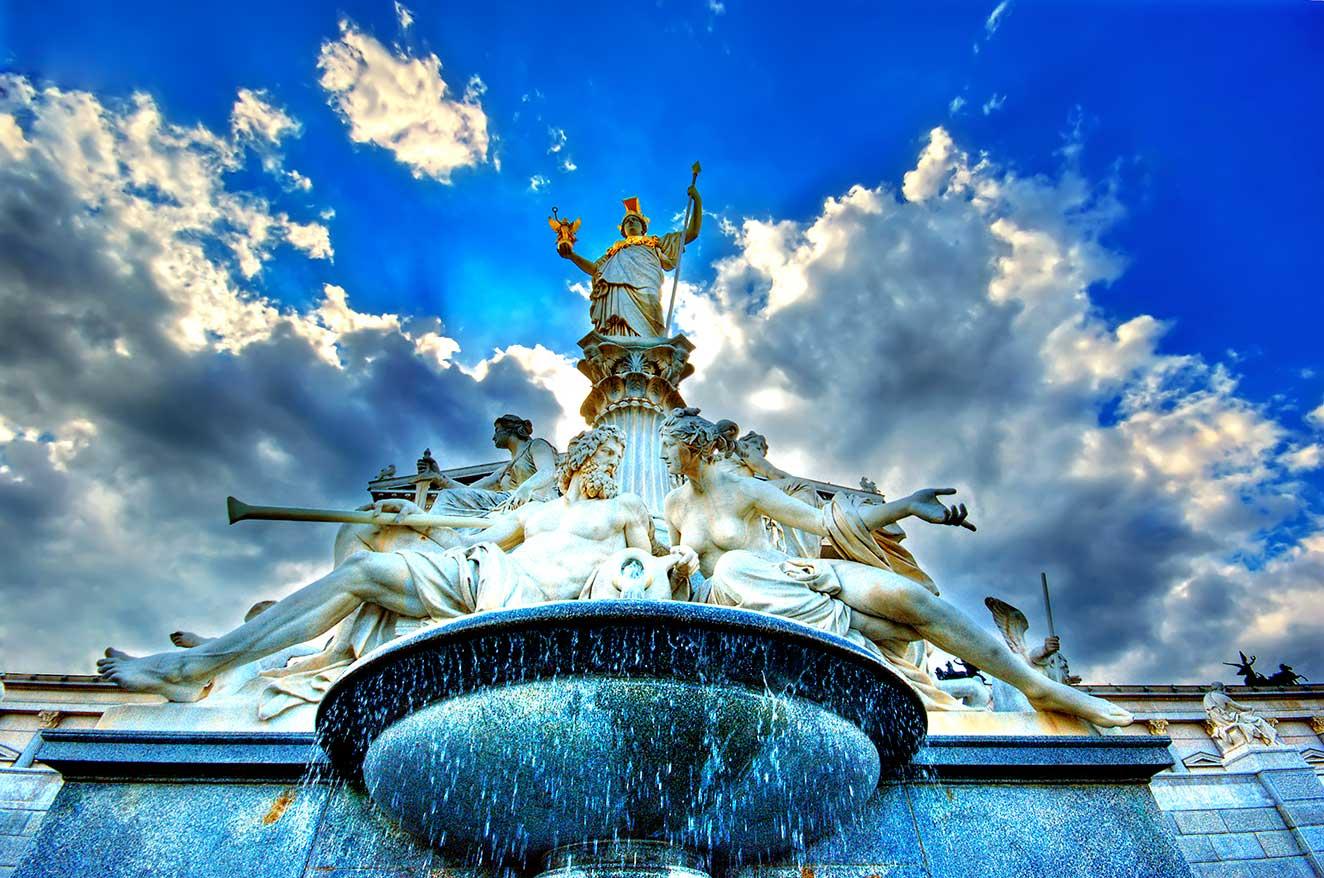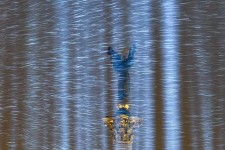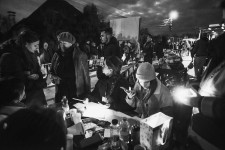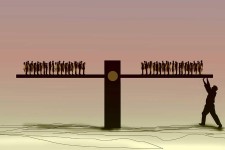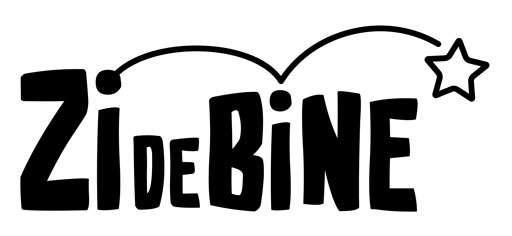VIENNA DOES NOT BELIEVE IN TEARS
Although publicly condemning Russia's actions and supporting EU sanctions, Austria has maintained strong trade ties with Russia, particularly in the energy and financial sectors. Russia is Austria's second-largest investor, and the country's dependence on Russian gas is still extremely high, while plans to reduce this dependence by 2027 remain uncertain. This puts Austria in a difficult position, facing pressure from both its Western partners and critics who accuse it of cynicism and undermining European unity. The review, published by Politico, looks at top Austrian businesses and large corporations that continue to operate in the Russian market, as well as the historical roots of Austria's relationship with the entire eastern space since the Cold War. This transactional approach continued, with Austrian politicians from different parties taking full advantage.
DRAWINGS OF WAR
Ruslan Pijota, an Ukrainian soldier, became famous for his comics depicting life on the war front in Ukraine. His drawings depict both patriotic and satirical scenes, showing the hardships and miseries of war. Despite the dangers he faces, Pijota finds solace in drawing, even during intense artillery fire. He serves in the 113th Kharkiv Brigade and began drawing as a child. His style evolved over the years and is inspired by the Ukrainian illustrator Yurii Zhuravel and the German Renaissance artist Albrecht Dürer. Now his work not only lifts the spirits of his fellow artists, but also speaks to a wider audience. Pijota's dream is to see the end of war. El Pais interviewed him and reveals the story of this fighter who sees drawing as a way to remain psychologically stable.
UKRAINIAN FUGITIVES AT THE ROMANIAN BORDER
A large number of Ukrainians who left their country to avoid conscription died while trying to flee to Romania by crossing the Tisa river or making their way through the mountains. If caught, escapees risk long prison sentences. Although the Ukrainian army carries out regular checks and searches to find those who evade conscription, corruption within the military establishment exacerbates the problem. Many fugitives pay bribes and make it to Romania. The Romanian immigration authority estimates that 6,200 men entered illegally, while another 20,000 entered legally but chose not to return. Meanwhile, unofficial Ukrainian figures suggest that 90 men died while trying to cross the border. For those still alive, the future is uncertain. Meanwhile, Romanian border officers provide support and assistance to those crossing, offering food and medical care. Read all about this in a remarkable report recently published by BBC.
BY DRONE, TO KREMLIN
According to sources in US intelligence, Ukraine developed a network of agents and supporters inside Russia in order to carry out acts of sabotage and drone attacks, including Kremlin. While it remains unclear whether the recent drone attacks were launched from Russia or by the pro-Ukrainian network, US officials see the attacks as a peak of Ukraine's efforts to create an infrastructure for sabotage. And they also suspect that Ukraine's military intelligence chief is behind these aggressive plans against Russia, and although the attacks have been publicly condemned, in private, American and Western officials consider this a smart military strategy. Ukrainian officials also view the attacks as a diversionary tactic to distract Russia, forcing it to focus on its internal security. A CNN analysis.
DOXA VERSUS PUTIN
In an interview with Răzvan Sibii, a Romanian journalist, Ekaterina Martinova, a 22-year-old journalist and media manager, talks about her activist experiences in Russia and her involvement with DOXA, a publication that helps people leaving the country and opposing the war. In its early days, the publication focused on tackling problems in the Russian university system, such as corruption, censorship and sexual harassment. But over time, DOXA began covering political events, including protests and the government's response to them. Martinova also talks about the ongoing pressure faced by independent media outlets and about government attempts to suppress them. DOXA's website was eventually blocked by the authorities, but they continued their anti-war efforts with a daily newsletter sent to more than 10,000 subscribers.
WAR BY THE BOOK
How would the war in Ukraine be covered if it were the subject of a book, asks Georgi Gotev, editor-in-chief for the Bulgarian edition of Euractiv, in an editorial published recently. Here's his review, in brief: In recent months, the front lines remained relatively static, except for the intense fighting in Bakhmut. Russia used this time to reinforce its troops and build fortifications. Ukraine, on the other hand, stockpiled weapons and carried out psychological operations. Although, psychologically, the advantage is currently on Ukraine's side, Russia's training and intelligence capabilities should not be underestimated. Both sides inflicted heavy hits on each other, exhausting their resources, prompting the West to go to great lengths to supplement its arms production. With both sides believing in victory, a diplomatic solution seems unlikely. On the other hand, there is concern that a protracted war could escalate into a nuclear holocaust. The next chapter of the war is expected to be dramatic, with an uncertain but possibly philosophical ending.
RUSSIA RELOADED
Concerns about a Russian invasion are growing in Moldova, especially in villages in the separatist region of Transnistria. Deutsche Welle interviewed one of the veterans of the war in Transnistria from the early 1990s and filmed a short video report on the mood of those who now face the threat of a new military conflict.
PATRIOT
TOP 10 Ukrainian patriotic songs about the war with Russia.








